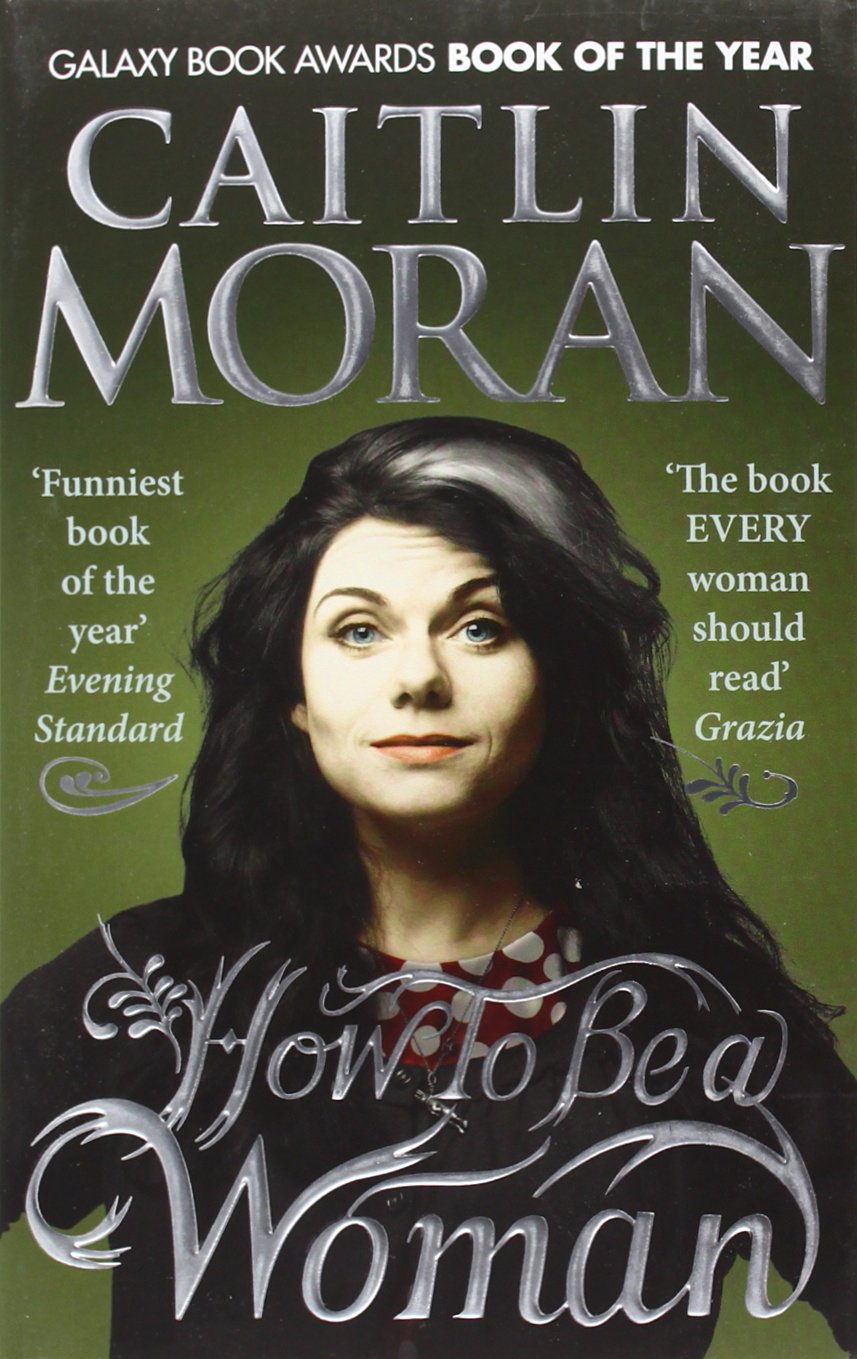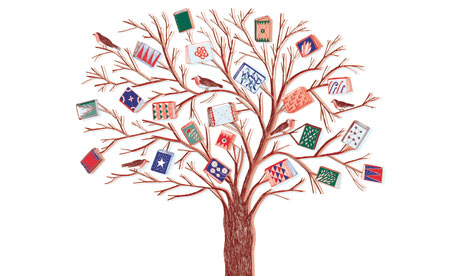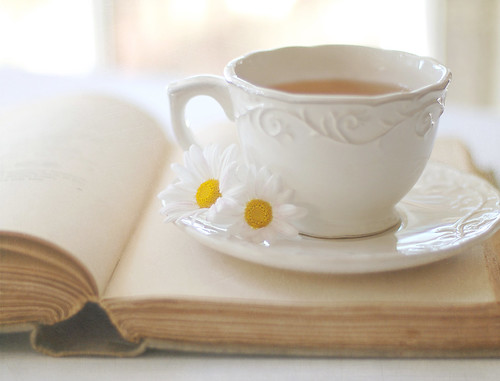 As this post’s title suggests I have to confess a diversion away from my intended course of reading. Faced with the reality of having to return a book by Jeanette Winterson (one of my very favourite writers) to the library without reading it, I have deviated. Instead of my review of When God was a Rabbit (forthcoming), you now find yourself reading my review of Art Objects: Essays on Ecstasy and Effrontery…not the most catchy of titles, I grant you, but it does have something, I think.
As this post’s title suggests I have to confess a diversion away from my intended course of reading. Faced with the reality of having to return a book by Jeanette Winterson (one of my very favourite writers) to the library without reading it, I have deviated. Instead of my review of When God was a Rabbit (forthcoming), you now find yourself reading my review of Art Objects: Essays on Ecstasy and Effrontery…not the most catchy of titles, I grant you, but it does have something, I think.
The book contains nine essays conveying Winterson’s ideas relating to writing, painting, drawing, music and more. Art Objects is Winterson’s take on, well, art objects; but that makes the book sound rather clever and serious – which it is – but I don’t want to imply that it is just clever and serious…it is so much more.
“Learning to read is more than learning to group the letters on a page. Learning to read is a skill that marshals the entire resources of body and mind…the ability to engage with a text as you would another human being. To recognise it in its own right, separate, particular, to let it speak in its own voice, not in a ventriloquism of yours. To find its relationship to you that is not its relationship to anyone else….Art is the realisation of complex emotion.”
Jeanette Winterson, Art Objects: Essays on Ecstasy and Effrontery
I find it rather a complicated book to review. I think this is because it deals with concepts and ideas which I have not yet reconciled within myself. That is to say, I don’t know what I think and, as such, find it difficult to evaluate what Winterson believes. But if Winterson is to be believed then the act of reading art should be difficult. Art Objects is a book that poses a lot of questions and, for me, anyway, Winterson has the happy talent of being able to express her own opinions without demanding that her reader either accept or reject them as their truth.
“The worst nineteenth-century drudge could at least depend on eternal life. The twentieth-century robot depends on lasting until retirement.”
Winterson’s take on art in the twentieth (and, supposedly, twenty-first) century is both insightful and inciting. Her vision shows us trudging through our lives – forming an orderly line from the cradle to the grave – stopping only to visit the supermarket, watch the TV and sleep. Her predictions of libraries as museums and stories written in the language of the soap opera present a very dreary image of the present and a disturbing projection of the future. Her ardent fear of books merely as a simulation of life is obvious…I quake to think  what she would make of my addiction to the computer game the Sims (a world where language and words have been sifted down to a series of options between two characters); and yet…only the other day when one of my Sims gave birth to twins, I can honestly say that the dismay, worry and stress I felt were equal to any emotion art has ever created in me.
what she would make of my addiction to the computer game the Sims (a world where language and words have been sifted down to a series of options between two characters); and yet…only the other day when one of my Sims gave birth to twins, I can honestly say that the dismay, worry and stress I felt were equal to any emotion art has ever created in me.
If you are or have ever considered yourself a writer then this book is something you should read. I say should read, but perhaps I mean must? It is immensely thought-provoking, it challenges you and it makes you ask questions of yourself as a writer…it also makes you evaluate your motives and ideas. It shoves you into taking a step backwards and compels you to see yourself for the writer that you are. For me, this book made me see that I have only really dipped my toes into the bottomless pool of writing and that perhaps I should learn a little more about the nature of the pool before I attempt to swim. This book also comforted, thrilled and terrified me in equal measure…but perhaps it wouldn’t hold such potency over someone who has not attempted to put pen to paper and create.
 But Art Objects is not merely a book for those who write, it also has much to offer those who read (and to a lesser extent those who paint, draw or appreciate art in its non-literary forms). I’m not saying that all of this book will be relevant to anyone who has ever read or appreciated art. There will be parts of it that do not sing to your tune. For me, it was Winterson’s essay on ‘The Psychometry of Books’ that I took issue with. In this essay Winterson tells us of her love of book-collecting. As someone who finds themself incapable of discarding any book, I thought I might relate a little better to Winterson on this topic than I did, alas, it is here that she and I disagree. Winterson extols the virtues of physical books and whilst I do agree with her about the relationship a reader develops with a particular book (every books weighs and smells the same on a Kindle), I refuse to accept that a signed first-edition is of more value to the reader than a Penguin classic…but (to quote match.com) that’s just me. It also depends on your notions of value…but that’s a different beast altogether.
But Art Objects is not merely a book for those who write, it also has much to offer those who read (and to a lesser extent those who paint, draw or appreciate art in its non-literary forms). I’m not saying that all of this book will be relevant to anyone who has ever read or appreciated art. There will be parts of it that do not sing to your tune. For me, it was Winterson’s essay on ‘The Psychometry of Books’ that I took issue with. In this essay Winterson tells us of her love of book-collecting. As someone who finds themself incapable of discarding any book, I thought I might relate a little better to Winterson on this topic than I did, alas, it is here that she and I disagree. Winterson extols the virtues of physical books and whilst I do agree with her about the relationship a reader develops with a particular book (every books weighs and smells the same on a Kindle), I refuse to accept that a signed first-edition is of more value to the reader than a Penguin classic…but (to quote match.com) that’s just me. It also depends on your notions of value…but that’s a different beast altogether.
I’m conscious of the fact that I don’t want to end this review on a negative. I don’t agree with everything Winterson writes and I think, perhaps, the difference in our age has come between us a little in my reading of this book (something she’d probably see as an insult to her writing), but believe me when I say that this book has made me think about myself as a reader and as a writer more than any other book I have read since beginning this blog. I am still in total awe of Winterson as a writer, she is a true sculptor of words. Whether you agree with her meaning or not, for me, no other living writer relates to words as she does, there is no one so capable as Jeanette. No author so precise, so constant, so unrelenting when it comes to the beauty of a sentence.
 She understands language as art and, therefore, creates it. She has faith in imagination and, therefore, hers runs free. Prior to reading Art Objects, I thought I had made that leap of faith where imagination and art are concerned…in reading this book I’ve come to realise that though my feet have left the ground I have a long way to go before I land safely on the other side where the likes of Winterson, Woolf, Tolkien and Austen stand, calling me on.
She understands language as art and, therefore, creates it. She has faith in imagination and, therefore, hers runs free. Prior to reading Art Objects, I thought I had made that leap of faith where imagination and art are concerned…in reading this book I’ve come to realise that though my feet have left the ground I have a long way to go before I land safely on the other side where the likes of Winterson, Woolf, Tolkien and Austen stand, calling me on.

















Jeanette Winterson is my favorite writer, and the best part about reading Art Objects was discovering facts about her childhood and life. You can imagine how much I loved her memoir “Why be happy…” 🙂
LikeLike
Hi Ally, thanks for the comment. Like you, I absolutely love Jeanette Winterson’s writing. The Passion is probably my favourite of her books, but I’ve loved reading her children’s books Tanglewreck and The Battle of the Sun too. I’m not sure if you’re based in the UK or not, but Jeanette Winterson was on a BBC programme called ‘My Life in Books’ – http://www.bbc.co.uk/programmes/b00z7sgp – this might interest you if you want to know more about her childhood as she talked about it a lot. 🙂
LikeLike
I have seen this, it was posted on her website a few months ago 🙂
I have also seen the latest interview, given to sky’s The Book Show. If you missed it, I can send you the link 🙂
Indeed, the children’s books were a treat, they were so much fun to read. They made me feel like a school girl again, and the plot was intriguing as well.
LikeLike